2014/2015 Grant Recipients Overview
The Community Education Program provides grants to support sustainable programs for Australians under the age of 25, promoting ongoing education, skill training and programs making a significant difference to the lives of the participants. The seven programs awarded with grants closely align with Ansvar’s goal to empower and educate, and/or provide outreach and support for Australian youth. They cover a range of youth target areas from job support, integration for hearing impaired children into mainstream school, education support, and support for youth at risk and disability equipment. Below is an overview on each of our 2014/ 2015 recipients.
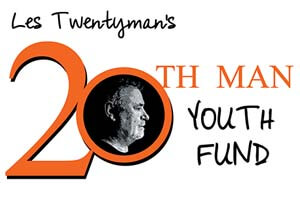
Program: LEEP – Links to Education and Employment Pathway
The LEEP program offered intensive mentoring support to disadvantaged young people who are at risk of not completing school. The program successfully placed over 30 young people into either employment and/or further studies whilst establishing strong relationships with various companies and businesses’ who offered either training or employment for LEEP participants.
Education and training included Forklift Licenses, Certificate IV in Warehousing, Responsible serving of Alcohol Certificate, Barrister/ Cafe Certificates and Sign-Language Study. Participants secured various employment such as waitress/ waiter, kitchen hands and cashiers at eateries and hotels, car garages, retail outlets and office work.
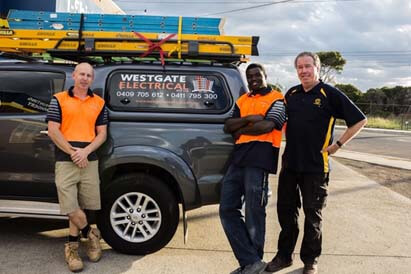
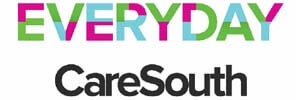
Program: Homework Hub
The Care South Homework Hub provides a tutor to a child in the foster care system once a week to engage the children in educational activities such as reading and playing educational games. Up to 14 students attended the Homework Hub over a 24 week program period.
The program evaluation found that 60% of the students had increased positive feelings about school work, increased learning engagement, a stronger understanding of study concepts and had developed aspirations for higher education as a result of the program. One of the most significant outcomes of the program was the close relationships the students had developed with each other. It was found that they had opened up and no longer felt as isolated as they normally would in a school environment.

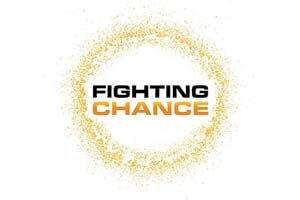
Program: Work Experience
The program provided opportunities for meaningful social participation, employment, work experience and skill development to young people with the most significant disabilities in the community. A total of 48 students successfully completed the work experience program, earning new skills which has strengthened their CV and broadened their working experiences
A survey at the end of the program demonstrated that students felt more confident and positive about their own abilities and future employment opportunities. The average age of the students in the work experience program this year was 18. The program received overwhelming positive support, demonstrating a higher demand than originally anticipated.
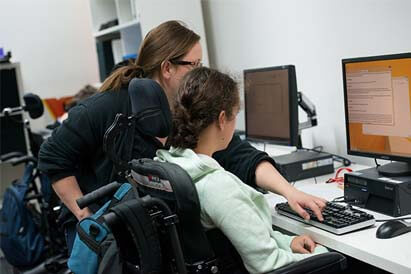
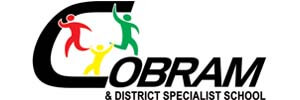
Program: ALERT Program – Sensory and Self Regulation
The ALERT program was developed to teach students how to self-regulate their level of awareness so they can control their own emotions and behaviour. The aim of the program is to help special needs children to obtain the best academic results taking into account their disabilities and special needs.
Twenty-five students aged between five and 15 successfully participated in the ALERT Program. Through evaluation it was found that all students showed an increase in self-regulation, decrease in anxiety and an increase in acceptable behaviour amongst fellow students. All students happily participated in the program and parents found that their child’s anxiety had decreases and attention levels had also increased.
Pictured at Cobram Special School is Ansvar’s Mark Jenkins, Chris Harbrow, Helen Griffith, Brodie Fortiadis, principal Leah Willis, Caitlyn Koopman and (front) Anika Welsh (taken from the Cobram Courier newspaper).
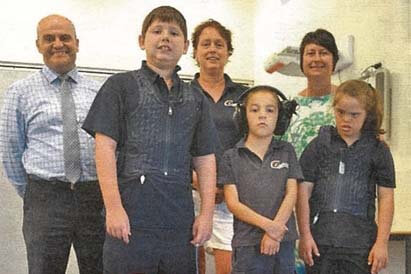

Program: Oneighty Connection
The Oneighty Connection program aimed to provide disadvantaged youth living in public housing estates with positive engagement and educational support throughout 2015.
The Homework and Tutoring program provided 152-174 students with after school homework and educational support, aswell as hot meals. The homework club, for Prep to Grade Three, had approximately 54 children attending each session.
A high percentage of students across the three locations reached their learning goals that were set at the start of the program.

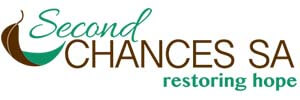
Program: Transitional Education for at-risk Prisoner’s Kids
The Second Chances South Australia’s program was developed to provide prisoner’s kids with access to training, employment and study opportunities in order to empower them and open up their future possibilities. The 32 students who participated in the program gained greater access to employment opportunities and further education
Through the evaluation of the program it was found that the students felt more positive about their futures and abilities. Several students also gained meaningful employment after completing the program and taking advantage of the opportunities provided to them by Second Chances SA. One young person commented that he was touched that people believed he could be a leader, and do something worthwhile with his life. His caregiver stated that this experience has changed the young person’s life.

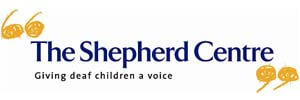
Program: Spring into Literacy and Confidence
This program was designed to assist hearing impaired children transition into mainstream schools by providing the children the tools to boost their confidence and also assist them with social integration.
The Shepherd Centre had the largest ever graduating class in history with a total of 48 students graduating from the program. The program involved: Periodic assessments to ensure the child’s language and comprehension are on track for his or her age group, Skill development in interpreting social scenarios to identify key emotions, including increasing the resilience and confidence within the school community and Clear communication strategies including public speaking and story telling. Survey results revealed 97% of families were very satisfied with all the outcomes achieved.

